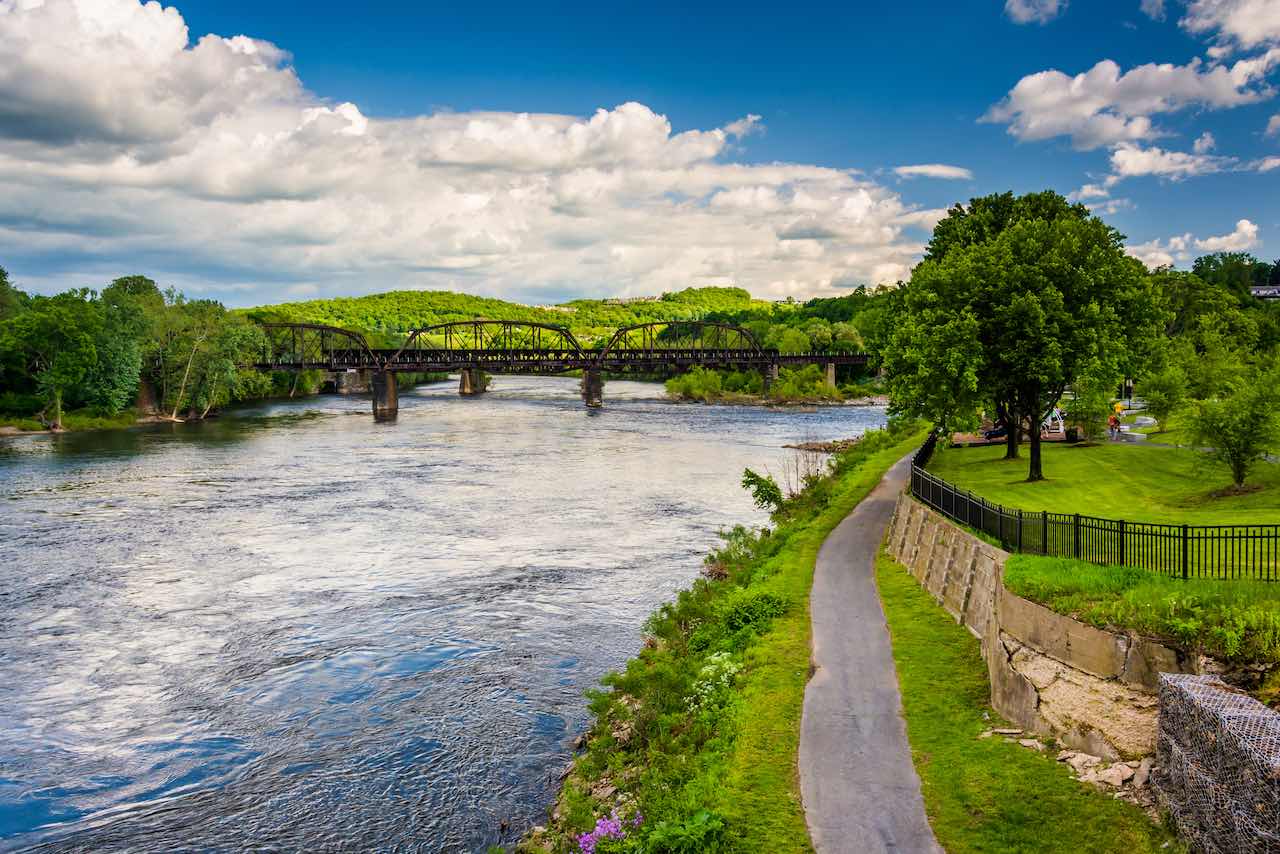Living off the grid in Pennsylvania may require some effort on your part, but it is entirely legal and can offer a unique and sustainable lifestyle. With a population of around 12.81 million people and a slow population growth, Pennsylvania is known for its comparatively low cost of property, cost of living, and crime rate. However, property tax in Pennsylvania is higher than the national average. The state’s humid continental climate is suitable for growing various crops, and freshwater availability is plentiful. Pennsylvania also boasts plentiful wildlife, hunting, and fishing opportunities. While the quality of roads is decent, traffic jams near cities can be a concern. Researching and complying with local regulations and building codes is essential for successful off-grid living in Pennsylvania. Thankfully, the state offers access to natural resources, support from a thriving off-grid community, and ample opportunities for self-sufficiency.
Regulations for Off-Grid Living in Pennsylvania
Living off the grid in Pennsylvania is legal, but it may require some work to manage. Pennsylvania, with a population of around 12.81 million people, has relatively slow population growth. The cost of property, cost of living, and crime rate in Pennsylvania are generally below the national average, making it an attractive option for those looking to live off the grid. However, it is important to be aware of the regulations and legal considerations that come with this lifestyle.
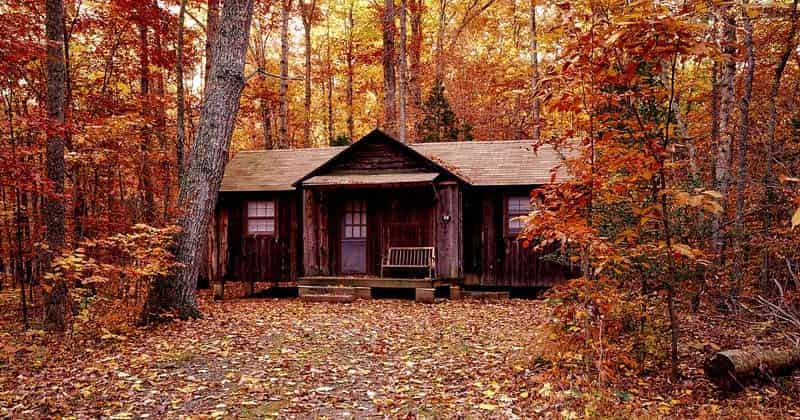
Legal Considerations
Before embarking on an off-grid lifestyle in Pennsylvania, it is essential to understand the legal considerations involved. While living off the grid is generally allowed, there are still regulations to comply with. Zoning laws, building permits, and inspections are some of the key factors to consider.
Zoning Laws
Zoning laws regulate land use in Pennsylvania and can vary across different regions. It is crucial to research and understand the specific zoning laws in your desired location. Some areas may have restrictions on off-grid living or require certain permits for specific activities. By familiarizing yourself with the local zoning laws, you can ensure that your off-grid plans comply with the regulations.
Building Permits and Inspections
When constructing an off-grid structure in Pennsylvania, building permits and inspections are necessary. Building codes ensure that structures are safe and meet certain standards. It is essential to obtain the required permits and undergo inspections to ensure compliance with these regulations. Engaging with local authorities and professionals can help navigate the process more smoothly.
Building Codes for Off-Grid Structures in Pennsylvania
Off-grid structures in Pennsylvania must adhere to building codes to ensure safety and structural integrity. These codes encompass various aspects, including structural requirements, energy efficiency standards, and waste management systems.
Structural Requirements
Off-grid structures must meet specific structural requirements outlined in Pennsylvania’s building codes. These requirements typically cover factors such as foundation, framing, roofing, and insulation. Following these codes ensures that the structure can withstand Pennsylvania’s climate conditions, which include hot summers and cold winters.
Energy Efficiency Standards
Energy efficiency is an important consideration for off-grid living. Pennsylvania has certain energy efficiency standards that need to be met, even for off-grid structures. These standards may involve insulation guidelines, efficient heating and cooling systems, and other energy-saving measures. By implementing energy-efficient practices, you can reduce your reliance on non-renewable energy sources and minimize your environmental impact.
Waste Management Systems
Proper waste management is essential for off-grid living in Pennsylvania. Building codes often require the installation of waste management systems, such as composting toilets or greywater systems. These systems help minimize the environmental impact of waste disposal while providing sustainable solutions for off-grid living. Ensure that your off-grid structure meets the waste management requirements outlined by the building codes.
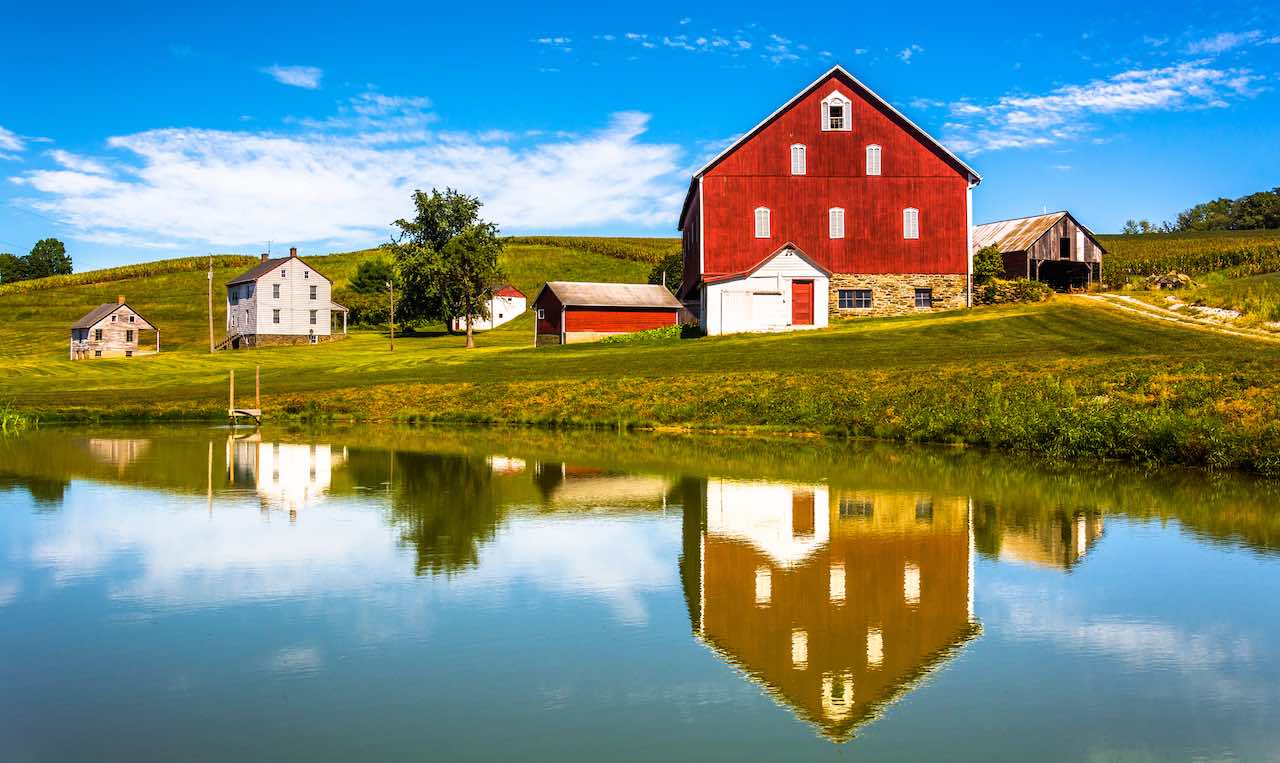
Choosing the Right Location for Off-Grid Living in Pennsylvania
Choosing the right location is crucial for a successful off-grid lifestyle in Pennsylvania. Several factors need to be considered, including researching the area, access to resources, and potential natural hazards.
Researching the Area
Thoroughly researching the area you plan to live in is essential. Consider factors such as climate, access to amenities, proximity to services, and the local off-grid community. Gathering information about the area will help you assess whether it aligns with your living preferences and requirements. Additionally, studying the topography and soil conditions will aid in determining if it is suitable for gardening or raising livestock.
Access to Resources
Access to essential resources is vital for off-grid living. Pennsylvania offers access to natural resources such as sunlight for solar power and abundant freshwater sources for various purposes. Consider the availability of these resources in your chosen location to ensure you can meet your energy and water needs efficiently. Additionally, assess the availability of other resources like food and medical facilities.
Natural Hazards
Pennsylvania experiences a range of natural hazards, including floods, wildfires, earthquakes, tornadoes, hurricanes, blizzards, and storms. It is crucial to research and understand the potential hazards in your chosen location. Take appropriate measures to prepare for and mitigate the impact of these hazards on your off-grid living. Creating emergency plans and investing in necessary safety measures can help ensure your well-being in the face of natural disasters.
Energy Options for Off-Grid Living in Pennsylvania
Off-grid living in Pennsylvania requires careful consideration of the available energy options. By harnessing renewable energy sources, you can reduce your reliance on the grid and live more sustainably. Pennsylvania offers various energy options suitable for off-grid living.
Solar Power
Pennsylvania receives ample sunlight, making solar power a viable option for off-grid energy generation. Solar panels can be installed on rooftops or in open areas to harness the sun’s energy and convert it into electricity. By utilizing solar power, you can meet your electricity needs and even store excess energy in batteries for nighttime or cloudy days.
Wind Power
In certain regions of Pennsylvania, wind power can be a viable energy option for off-grid living. Small wind turbines can be installed to generate electricity from the wind’s kinetic energy. Before considering wind power, it is essential to assess the wind potential in your chosen location and understand any zoning restrictions that may apply.
Hydroelectric Power
If your chosen location has access to water bodies or running water, hydroelectric power can be an excellent option for off-grid energy generation. By harnessing the force of flowing water, you can generate electricity through micro-hydro systems. Evaluate the feasibility of this option based on the availability and reliability of water sources in your area.
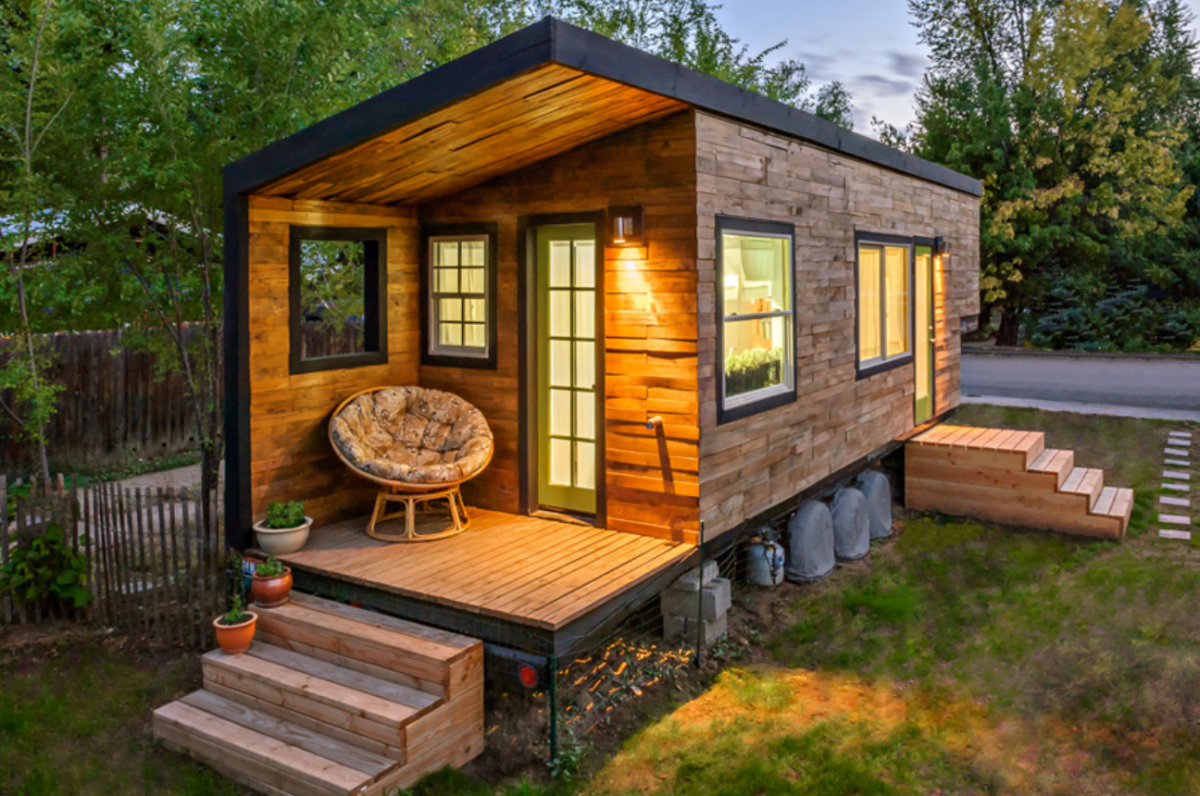
Water Systems for Off-Grid Living in Pennsylvania
Access to clean and reliable water is crucial for off-grid living. Pennsylvania offers various water options for those choosing to live off-grid, including rainwater harvesting, well water, and water filtration and purification methods.
Rainwater Harvesting
Rainwater harvesting involves collecting and storing rainwater for various uses. In Pennsylvania, with an average yearly rainfall of around 42 inches, rainwater can be a valuable resource. Installing a rainwater collection system with appropriate storage tanks allows you to utilize this free and sustainable water source for household chores, irrigation, and other non-potable needs.
Well Water
In many parts of Pennsylvania, drilling a well is a common approach to access groundwater. A properly installed and maintained well can provide a reliable source of potable water. It is important to comply with local regulations and perform regular water quality tests to ensure the safety of your well water.
Water Filtration and Purification
Even with access to natural water sources, it is crucial to have proper filtration and purification methods in place. Filtration systems remove sediment and larger particles from the water, while purification systems eliminate harmful microbes and contaminants. Installing effective water filtration and purification systems ensures that the water you consume is safe and clean.
Heating and Cooling Methods for Off-Grid Structures in Pennsylvania
Maintaining comfortable temperatures within your off-grid structure is necessary for year-round living in Pennsylvania’s climate. By implementing suitable heating and cooling methods, you can ensure a comfortable living environment while minimizing energy consumption.
Wood Stoves and Fireplaces
Wood stoves and fireplaces provide a reliable and renewable heat source for off-grid structures. They utilize wood as fuel, which is readily available in Pennsylvania’s wooded areas. Proper installation and maintenance of wood-burning appliances are crucial for safety and efficiency. Additionally, an alternative heating system should be considered for periods when collecting firewood may not be feasible.
Geothermal Systems
Geothermal systems utilize the earth’s constant underground temperature to provide heating and cooling. These systems use a network of pipes buried underground to circulate fluid that absorbs or releases heat, depending on the season. Geothermal systems offer high energy efficiency and can significantly reduce the dependence on other heating and cooling methods.
Passive Solar Design
Passive solar design is an architectural approach that maximizes the use of natural sunlight and minimizes the need for additional heating and cooling. By incorporating design elements such as large south-facing windows, thermal mass, and proper insulation, passive solar structures can regulate indoor temperatures more effectively. This design approach takes advantage of Pennsylvania’s ample sunlight and can significantly reduce energy consumption.
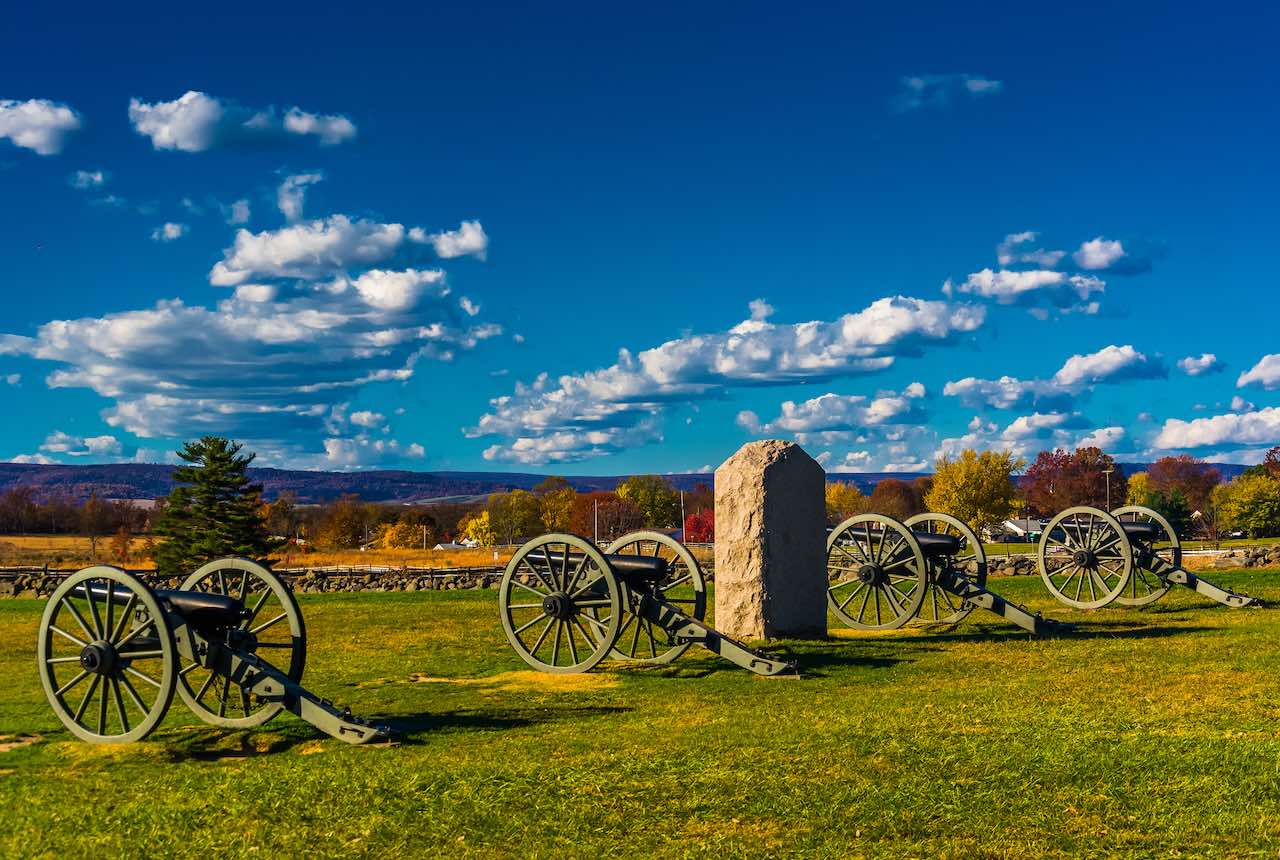
Managing Waste and Sanitation in Off-Grid Living
Proper waste management and sanitation are important aspects of off-grid living in Pennsylvania. Fortunately, there are sustainable and environmentally friendly methods available to manage waste effectively.
Composting Toilets
Composting toilets are a sustainable alternative to traditional flush toilets when off the grid. These systems use natural processes to break down human waste into compost. By separating solid waste from liquids and adding appropriate organic material, composting toilets create valuable compost that can be used to enrich the soil. Composting toilets offer a practical and eco-friendly solution for off-grid sanitation.
Greywater Systems
Greywater refers to wastewater generated from activities like bathing, washing dishes, or laundry. Greywater systems collect and treat this water for various non-potable uses, such as irrigation or flushing toilets. By repurposing greywater, you can reduce water consumption and minimize the strain on freshwater sources. Installing a greywater system ensures responsible water management in your off-grid lifestyle.
Recycling and Waste Reduction
In addition to managing human waste and graywater, incorporating recycling and waste reduction practices is essential for sustainable off-grid living. Establishing a recycling system for materials like glass, plastic, paper, and metal helps minimize waste sent to landfills. Adopting a conscious approach to consumption and implementing strategies to reduce waste production further contributes to a more sustainable lifestyle.
Food Production and Storage in Off-Grid Living
Living off the grid in Pennsylvania provides ample opportunities for food production and self-sustainability. By implementing gardening and food preservation methods, as well as exploring livestock and poultry farming, you can meet your dietary needs while reducing reliance on external food sources.
Gardening and Permaculture
Pennsylvania’s climate is suitable for growing a variety of crops, including wheat, oats, tobacco, and various fruits and vegetables. Establishing a garden using permaculture principles can maximize productivity while minimizing maintenance and external inputs. By creating a diverse and self-sustaining ecosystem in your garden, you can enjoy fresh produce throughout the year.
Food Preservation Methods
Preserving surplus food is crucial for self-sufficiency in an off-grid lifestyle. Methods such as canning, drying, fermenting, and root cellaring can help extend the shelf life of fruits, vegetables, and other perishable items. Learning and practicing different food preservation techniques allows you to enjoy homegrown produce all year round.
Livestock and Poultry Farming
Raising livestock and poultry can supplement your food supply and provide additional self-sufficiency. Pennsylvania’s abundant land and suitable climate offer opportunities for livestock farming. Consider raising animals such as chickens, goats, or rabbits, depending on your resources and capabilities. Proper management and care of the animals are crucial for maintaining their health and ensuring a sustainable food source.
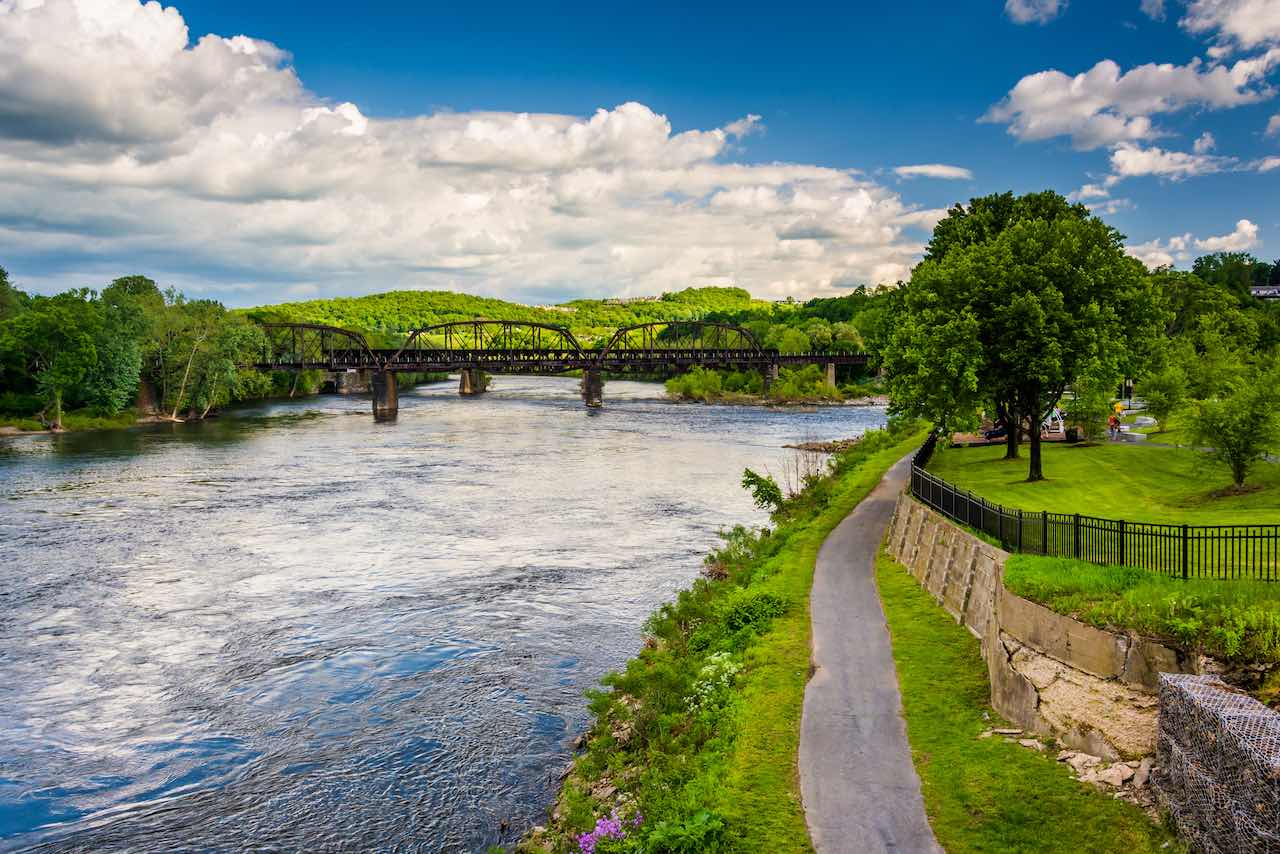
Connecting with the Off-Grid Community in Pennsylvania
Living off the grid does not necessarily mean being isolated or disconnected from others. Pennsylvania has a thriving off-grid community that provides opportunities for connection, support, and knowledge sharing. Engaging with this community can enhance your off-grid experience.
Local Meetups and Workshops
Local meetups and workshops allow individuals interested in off-grid living to connect with like-minded people. These events provide an opportunity to learn from experienced off-gridders and share experiences and knowledge. Participating in local off-grid events can help you expand your network and gain valuable insights into living off the grid in Pennsylvania.
Online Forums and Resources
Online forums and resources serve as valuable platforms for off-gridders to connect and exchange information. Joining online communities of Pennsylvania off-gridders allows you to seek advice, share your experiences, and learn from others who have already embarked on the off-grid journey. These communities often offer a wealth of information, from practical tips to troubleshooting common challenges.
Joining or Starting Off-Grid Communities
Joining or starting an off-grid community in Pennsylvania can enhance your off-grid experience and provide a supportive network. Off-grid communities typically involve a group of individuals living off the grid and sharing resources, knowledge, and responsibilities. Joining an existing community or forming one with like-minded individuals allows for shared expertise, increased self-sufficiency, and mutual support.
Resources and Support for Off-Grid Living in Pennsylvania
Pennsylvania offers various resources and support systems for those interested in off-grid living. These resources can provide guidance, financial incentives, and educational opportunities to help individuals pursue the off-grid lifestyle.
Government Programs and Incentives
Pennsylvania’s government programs and incentives often support sustainable living practices, including off-grid living. Research available programs that offer financial incentives, tax credits, or grants for renewable energy systems, energy efficiency upgrades, and sustainable practices. By taking advantage of these opportunities, you can offset some of the initial costs associated with off-grid living.
Local Off-Grid Associations
Local off-grid associations or organizations can provide valuable support and resources for individuals pursuing off-grid living in Pennsylvania. These associations often organize events, offer education and training opportunities, and provide a platform for off-gridders to connect and share their experiences. Engaging with these associations helps foster a sense of community and access additional support.
Educational Opportunities
Exploring educational opportunities related to off-grid living can expand your knowledge and skills. Look for workshops, courses, or certifications that cover topics such as sustainable building techniques, renewable energy systems, permaculture, or self-sufficiency. By investing in education, you can enhance your understanding of off-grid living and gain valuable skills to support your journey.
In conclusion, off-grid living in Pennsylvania is a legal and viable option for those seeking a self-sufficient and sustainable lifestyle. By understanding the regulations, building codes, and various considerations involved, you can successfully navigate the challenges and enjoy the benefits of living off the grid in Pennsylvania. From choosing the right location to implementing suitable energy, water, and waste management systems, thorough planning and research are key to a fulfilling off-grid experience.

